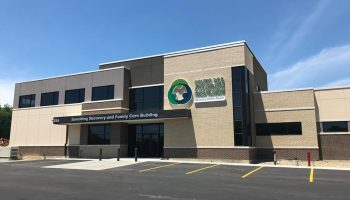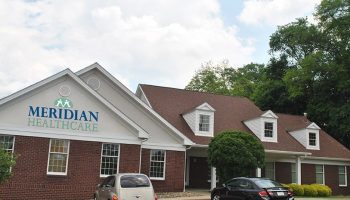Lake Geauga Recovery Centers
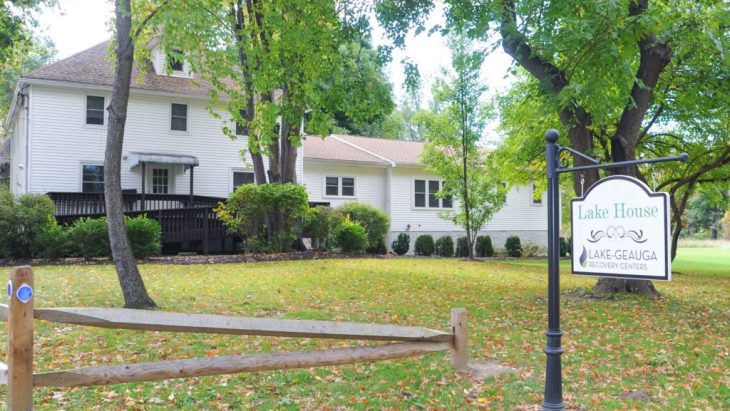
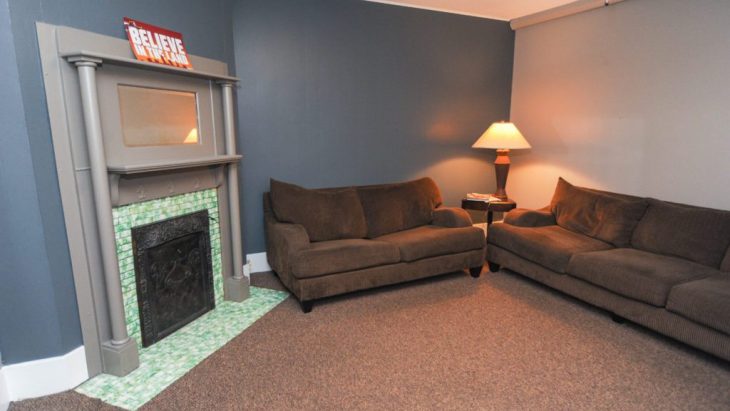
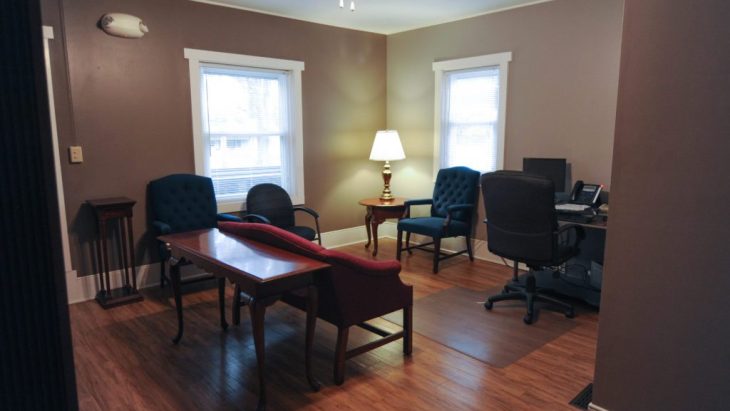
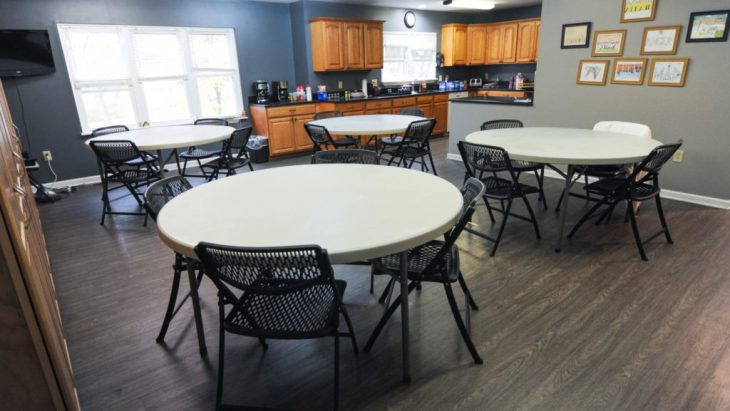
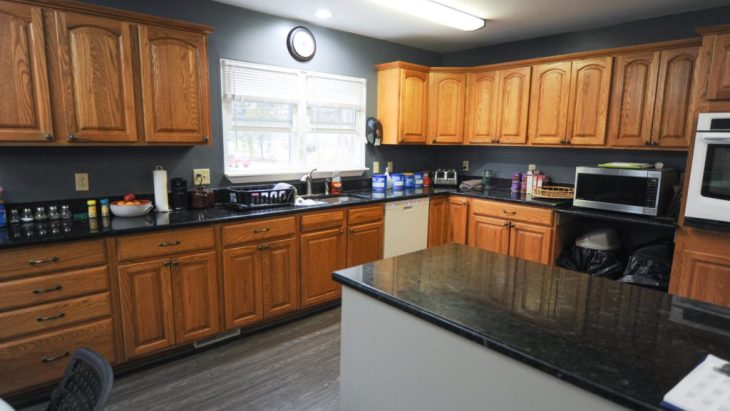
About Lake Geauga Recovery Centers
Providing outpatient and residential treatment near the Grand River is the Lake Geauga Recovery Centers in Painesville, Ohio. Adult men and women will be able to receive treatment for substance use disorders. They are CARF-accredited and licensed by the Ohio Department of Mental Health and Addiction Services. The facility is located near take out and dine in restaurants, as well as the Veterans Memorial Park. Medicaid is accepted.
The Painesville Intake Process
To receive treatment, you’ll be able to complete the intake process at any of their outpatient offices. An appointment is not needed. You’ll meet with one of their licensed counselors to complete your intake. They’ll also be the ones conducting your assessment. You will be assessed on your current stage of withdrawal and your readiness to begin treatment.
Once that is completed, you will meet with one of their healthcare professionals. You’ll be medically assessed to determine your withdrawal symptoms. If needed they will prescribe medications to control your symptoms.
Detoxing and Medication Assisted Treatment
If you need to detox, they provide an ambulatory option. This form of detoxing uses a non-narcotic management of opiate withdrawal. Alternative medications to Suboxone will be used to assist you with the uncomfortable symptoms of withdrawal. You don’t stay overnight, either.
Medication assisted treatment (MAT) is also provided. This treatment program does use medications that have been approved by the FDA to help alleviate the symptoms of withdrawal. The medications are used alongside evidence based practices for a minimum of 12-18 months. You will be expected to participate in some form of therapeutic level of care.
| Levels of Care | Detox Service Setting | Programs | Payment Options | Medications Offered |
|---|---|---|---|---|
|
Inpatient and residential programs provide round-the-clock medical and emotional support as you live at the treatment facility. This level of care may be recommended if you have severe addictions or mental health conditions since it removes outside distractions and allows you to focus solely on therapy. |
In outpatient therapy, you’ll attend therapy sessions several times each week while living at home. This is ideal if you have a strong support system and a lower risk of relapse. Outpatient treatment offers flexibility to maintain work, school or family obligations. |
Aftercare programs provide ongoing support after you complete a rehab program. They may include several components to help you maintain sobriety including therapy, community support groups and relapse prevention strategies. This gives you a network of resources as you reintegrate into your daily life. |
||
|
Inpatient detox occurs in a dedicated treatment facility. You’ll live there around the clock and receive intensive medical support and supervision to help manage your withdrawal symptoms. It is suitable for individuals with moderate to severe addictions as it ensures a stable detox environment. |
Outpatient detox gives you access to medically supervised withdrawal services while still allowing you to live at home. You’ll attend a clinic for treatment and monitoring. This flexible option is suitable for those with mild to moderate withdrawal symptoms who have strong support systems. |
Medication assisted treatment combines medication and counseling to manage withdrawal and reduce cravings for opioid and alcohol addiction. Medications may include methadone, buprenorphine or naltrexone. MAT is tailored to your needs so you can actively participate in your treatment journey. |
||
|
Men's programs address substance use while also considering the social pressures, family roles and mental health concerns that are specific to men. You’ll learn healthy coping mechanisms as you build emotional resilience and develop communication skills. |
Women's programs offer a safe and supportive space to focus on gender specific issues such as trauma, family roles and mental health conditions. Therapists tailor the sessions to address women's needs and foster empowerment in a healing and nurturing environment. |
|||
|
Self Pay
|
Medicaid
|
Private Insurance
|
Sliding Scale Payment
|
|
|
Buprenorphine
|
Suboxone
|
Levels of Care
Inpatient and residential programs provide round-the-clock medical and emotional support as you live at the treatment facility. This level of care may be recommended if you have severe addictions or mental health conditions since it removes outside distractions and allows you to focus solely on therapy.
In outpatient therapy, you’ll attend therapy sessions several times each week while living at home. This is ideal if you have a strong support system and a lower risk of relapse. Outpatient treatment offers flexibility to maintain work, school or family obligations.
Aftercare programs provide ongoing support after you complete a rehab program. They may include several components to help you maintain sobriety including therapy, community support groups and relapse prevention strategies. This gives you a network of resources as you reintegrate into your daily life.
Detox Service Setting
Inpatient detox occurs in a dedicated treatment facility. You’ll live there around the clock and receive intensive medical support and supervision to help manage your withdrawal symptoms. It is suitable for individuals with moderate to severe addictions as it ensures a stable detox environment.
Outpatient detox gives you access to medically supervised withdrawal services while still allowing you to live at home. You’ll attend a clinic for treatment and monitoring. This flexible option is suitable for those with mild to moderate withdrawal symptoms who have strong support systems.
Medication assisted treatment combines medication and counseling to manage withdrawal and reduce cravings for opioid and alcohol addiction. Medications may include methadone, buprenorphine or naltrexone. MAT is tailored to your needs so you can actively participate in your treatment journey.
Programs
Men's programs address substance use while also considering the social pressures, family roles and mental health concerns that are specific to men. You’ll learn healthy coping mechanisms as you build emotional resilience and develop communication skills.
Women's programs offer a safe and supportive space to focus on gender specific issues such as trauma, family roles and mental health conditions. Therapists tailor the sessions to address women's needs and foster empowerment in a healing and nurturing environment.
Medications Offered
Amenities
Accreditations
Contact
- Monday 9AM - 5:30PM
- Tuesday 9AM - 5:30PM
- Wednesday 9AM - 5:30PM
- Thursday 9AM - 5:30PM
- Friday 9AM - 4PM
- Saturday Closed
- Sunday Closed

Jenise Alvarez received her Pre-Law degree in South Florida. She was born and raised in South Florida but now resides in metro Atlanta with her family. She is married with two children, a dog and a cat. She stays pretty busy running around after her little ones and making sure the animals stay out of trouble.

Peter W.Y. Lee is a historian with a focus in American Cold War culture. He has examined how popular culture has served as a coping mechanism for the challenges and changes impacting American society throughout the twentieth century.


